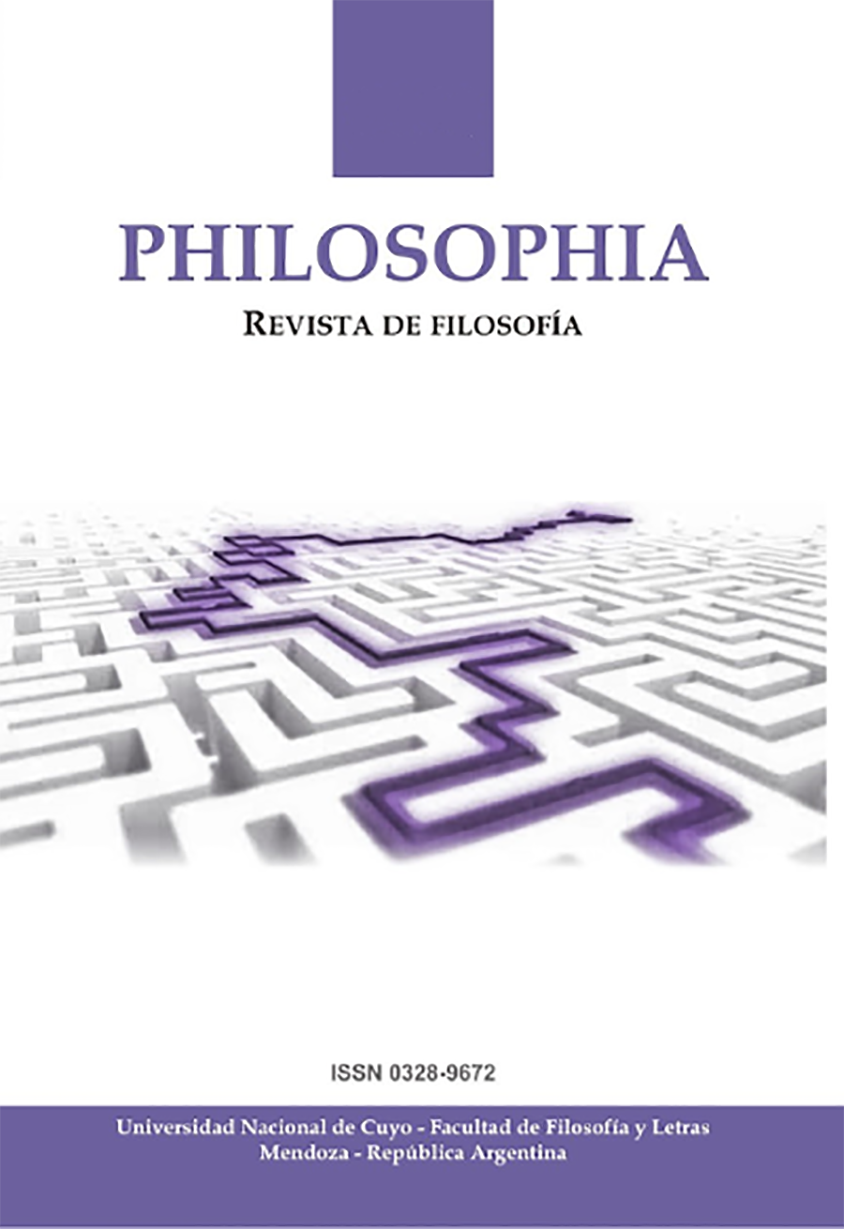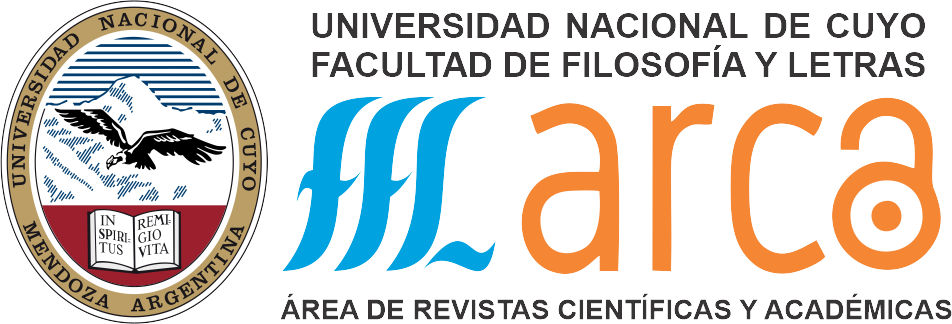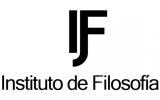Animality and Humanity in Feuerbach's Philosophy (1828-1843)
DOI:
https://doi.org/10.48162/rev.50.021Keywords:
Feuerbach, Animality, Humanity, DifferenceAbstract
This paper aims to address the philosophical problematization of animality in Ludwig Feuerbach's work. For this purpose, we will analyze the works of the period 1828-1843, organized into three groups. The first group comprises the period 1828-1830. At this stage, Feuerbach adopts a traditional definition of man and establishes a qualitative difference between the human being and the animal. The second group includes texts from the period 1839-1841. Although Feuerbach renounces the rationalist image of man, he does not abandon the thesis of a qualitative difference between human beings and animals. The third group is composed of writings from the period 1842-1843. Feuerbach now thinks that the human being is a natural being, and he argues that there is a difference in degree between man and animal.
References
Castro Gómez, Santiago. La rebelión antropológica. El joven Karl Marx y la izquierda hegeliana (1835-1843). Madrid: Siglo xxi editores, 2022.
Chagas, Eduardo. Die Naturauffassung bei Ludwig Feuerbach. Die Autonomie der Natur als Leitfaden seiner kritischen Philosophie. Deutschland: GRIN Verlag, 2013.
Dacuy, Maximiliano. Ludwig Feuerbach: límite y supresión de Dios. Buenos Aires: Teseo, 2021.
Feuerbach, Ludwig. Gesammelte Werke. (Edición de Schuffenhauer, W.). Berlin: Akademie Verlag, 1967 [cit. como GW, con tómo en número romano y paginación con numeración arábiga].
Feuerbach, Ludwig. Entwürfe zu einer Neue Philosophie. Hamburg: Felix Meiner Verlag, 1996.
Ginzo Fernández, Arsenio. “La dialéctica de lo finito y lo infinito en Hegel y Feuerbach”. Revista de Filosofía 6 (1983): 35-79.
Gonzaga de Sousa, Dreiton. Zur Ethik Ludwig Feuerbach (tesis doctoral, Universität Gesamthochschule Kassel, 1998).
Hüsser, Heinz. “Die Menschenwerdung der Natur”, en Solidarität oder Egoismus. Studien zu einer Ethik bei und nach
Ludwig Feuerbach, editado por Braun, H. y Schuffenhauer, W. Berlin: Akademie-Verlag, 1994.
Jonas, Hans. El principio vida. Hacia una biología filosófica. Madrid: Trotta, 2000.
Lange, Friedrich Albert. Historia del materialismo II. Buenos Aires: Editorial Lautaro, 1946.
Lestel, Dominique. Nosotros somos los otros animales. Buenos Aires: FCE, 2022.
Lima Filho, Edmar. “Ludwig Feuerbach, filósofo da linguagem? Um estudo de De Ratione, una, universali, infinita (1828)”. Cadernos De Filosofia Alemã: Crítica E Modernidade 25, 4 (2020): 149-161.
Veríssimo Serrão, Adriana. “Converting the Earth into a Dwelling Place. The Ethics of Nature by Ludwig Feuerbach”
en The Philosophy of Geography, eds. Tambassi, T. y Tanca, M., 35-50, Suiza: Springer, 2021.
Wahl, Wolfgang. “Das Prinzip Sinnlichkeit. Ludwig Feuerbachs Transformation der spekulativen zur sinnlichen Vernunft”. Philosophisches Jahrbuch 107, 1 (2000): 175- 191.
Wilson, Charles, Feuerbach and the search for otherness. New York: Peter Lang, 1989.
Schaeffer, Jean Marie, El fin de la excepción humana, Buenos Aires: FCE, 2009.
Zecher, Reinhard. Wahrer Mensch und heile Welt. Untersuchungen zur Bestimmung des Menschen und zum Heilsbegriff bei Ludwig Feuerbach. Sttutgart: M&P Verlag für Wissenschaft und Forschung, 1992.
Downloads
Published
How to Cite
Issue
Section
License
Copyright (c) 2024 Pablo Uriel Rodríguez

This work is licensed under a Creative Commons Attribution-NonCommercial-ShareAlike 3.0 Unported License.
Se permite la reproducción de los artículos siempre y cuando se cite la fuente. This work is protected under license Attribution-NonCommercial-ShareAlike 3.0 Unported (CC BY-NC-SA 3.0) You are free to: Share "” copy and redistribute the material in any medium or format; Adapt "” remix, transform, and build upon the material
The licensor cannot revoke these freedoms as long as you follow the license terms.
Under the following terms:
Attribution "” You must give appropriate credit, provide a link to the license, and indicate if changes were made. You may do so in any reasonable manner, but not in any way that suggests the licensor endorses you or your use.
NonCommercial "” You may not use the material for commercial purposes.
ShareAlike "” If you remix, transform, or build upon the material, you must distribute your contributions under the same license as the original.
No additional restrictions "” You may not apply legal terms or technological measures that legally restrict others from doing anything the license permits.
For more information, please visit: https://creativecommons.org/licenses/by-nc-sa/3.0/deed.en















